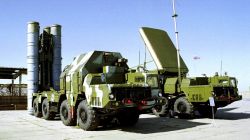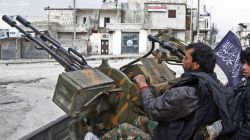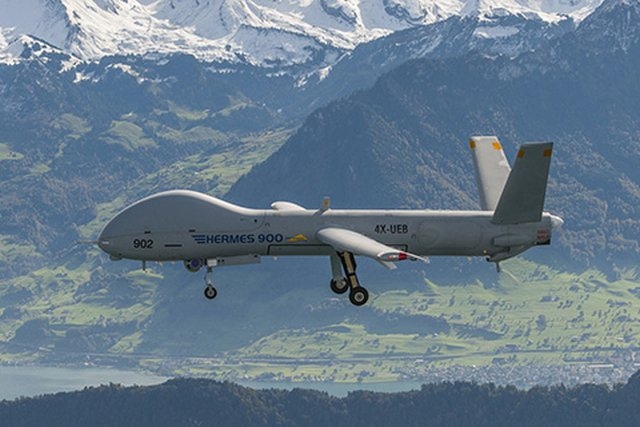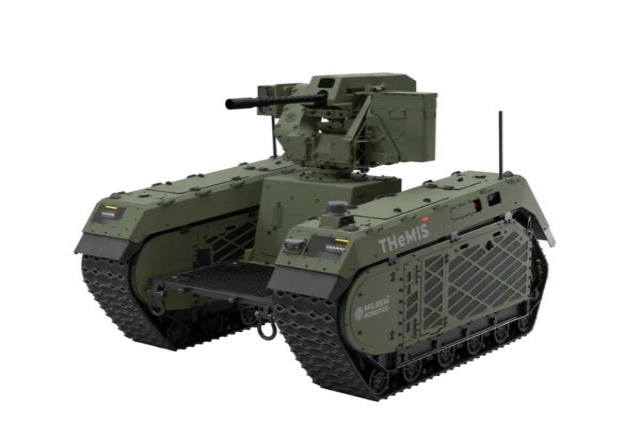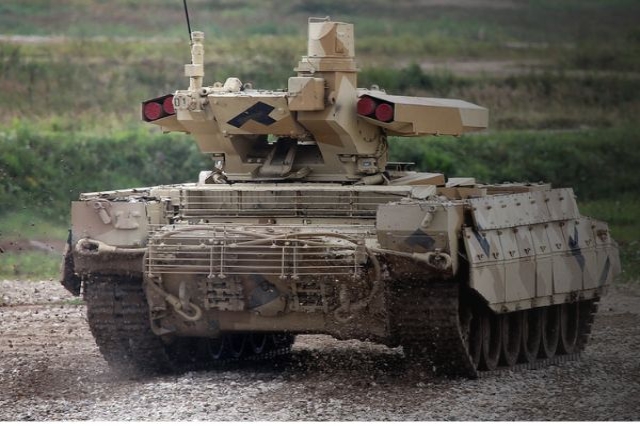Syrian Endgame in Sight?
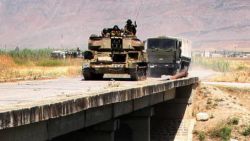
As the U.S. prepares to strike suspected chemical weapons sites in Syria and rebels get bolstered with arms and training, a violent endgame similar to the one which saw the slaughter of Gaddafi in Libya is in sight.
Guerrilla fighters trained by the West have moved towards Damascus in mid-August, French newspaper Le Figaro reported last Thursday.
Hence it is believed that this is the reason behind the chemical attack by the government troops on the eastern Ghouta region near Damascus which has been denied by the Syrian President Bashar Assad.
"How can the government use chemical weapons, or any other weapons of mass destruction, in an area where its troops are situated?" Assad was quoted as saying by Izvestia daily. "This is not logical. That's why these accusations are politically motivated, and a recent string of victories of the government forces is the reason for it."
The U.S has recently bolstered its naval presence in the eastern Mediterranean, prompting speculation that preparation for an attack is underway, likely the action would be sea-launched cruise missiles targeting Syrian military installations.
Recent reports by The Guardian say that the Sunni Rebel groups have received several hundred tonnes of ammunition and a limited supply of light weapons allowed across the Turkish border in the past three days supported by Saudi Arabia and Qatar.
It did not include anti-aircraft missiles, but several dozen anti-tank rockets were among them, the reports added. However, the rebel Free Syrian Army has in the past been reported as downing government helicopters with shoulder-launched anti-aircraft missiles.
The WorldTribune reported recently that the U.S. organized the arms shipment to the rebels, reported to consist of 400 tons, marking the largest shipment to the rebels in Syria over the last year.
But the Turkish military has denied that 400 tons of weapons arrived in northern Syria. Ankara has consistently dismissed reports that Turkey was helping arm the rebels.
Besides, the Syrian government is receiving arms help from Russia with continued delivery of weapons and light attack jets.
Deliveries from Moscow reportedly include the S-300 air missile system, AK-7s, mortar rounds, grenade launchers and ammunition.
According to the New York Times, from 2000-2010 Syria purchased weapons worth $1.5 billion thus becoming Moscow’s seventh-largest customer. And in the year 2011, the Russian-Syrian arms deal was worth atleast $4 billion.
